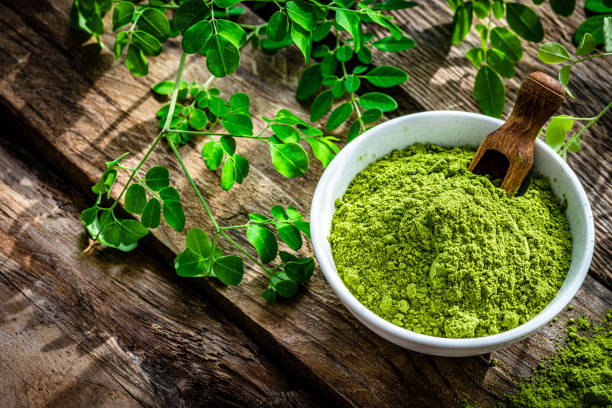
Cinnamon (Cinnamomum spp.) is one of those spices almost everyone has at home. Its warm, sweet smell makes any food taste better — but cinnamon is more than just a flavor booster. For centuries, people used it for digestion, respiratory issues, and general wellness. Today, research confirms that cinnamon offers real benefits, especially for blood sugar control, metabolism, and weight support.
Here’s a clear and easy-to-read breakdown of what cinnamon can do.
1. Cinnamon Helps Keep Blood Sugar Stable
One of the biggest advantages of cinnamon is its ability to support balanced blood sugar levels. Studies show that it helps reduce spikes in people with type 2 diabetes or prediabetes.
When blood sugar stays steady:
- you feel less hungry
- your energy doesn’t crash
- cravings become easier to control
This naturally helps you avoid overeating and supports weight loss efforts.
2. It Reduces Fat Storage by Improving Insulin Sensitivity
Cinnamon also makes your body more sensitive to insulin, the hormone that controls blood sugar. When your cells respond better to insulin, your body stores less fat and your cravings decrease.
This is especially helpful for women in menopause, because hormonal changes during this time can make insulin resistance more likely.
3. Cinnamon Can Support Fat Burning
Cinnamon contains cinnamaldehyde, a compound that influences how fat cells work. In lab studies, cinnamaldehyde encouraged fat cells to increase metabolism-related activity, which means the body uses more energy rather than storing it.
Faster metabolism = less fat buildup.
Easy and Delicious Ways to Use Cinnamon
Cinnamon is simple to include in your daily routine. Try adding it to:
- oatmeal, yogurt, or smoothies
- coffee or black tea
- warm almond milk (with cinnamon + ashwagandha for a calming drink)
- cooked apples (with cinnamon and cardamom for a gut-friendly snack)
Cinnamon also comes as supplements — capsules, powder, or tinctures.
Which Cinnamon Is Best? Ceylon or Cassia?

Most stores sell Cassia cinnamon, but Ceylon cinnamon is the better option if you use it daily.
How to tell them apart:
- Ceylon: lighter color, many thin soft layers, mild taste
- Cassia: darker, harder, one thick rolled layer
Ceylon contains much lower coumarin — a natural substance that can stress the liver if consumed in high amounts.
How Much Cinnamon Should You Take?
Most recommendations range from 1 to 6 grams per day
(½ teaspoon ≈ 1 gram).
There’s no strict official dosage, and the ideal amount can vary depending on your age, weight, and health.
Cinnamon is usually safe, but if you take medication for low blood sugar, talk to a healthcare professional first.
Why Cinnamon Is Worth Adding to Your Day
Cinnamon is an inexpensive, easy, and delicious way to support your health. Whether you’re trying to manage your weight, balance blood sugar, or simply eat better, adding a little cinnamon each day can make a positive difference


